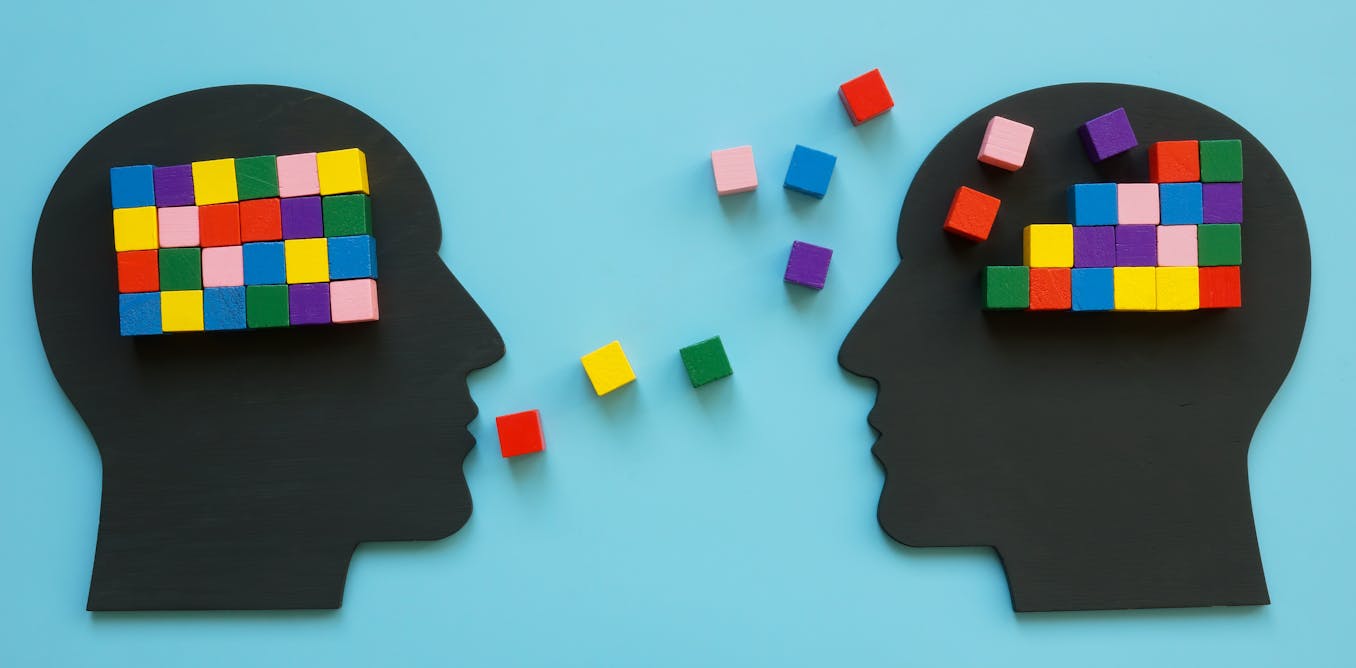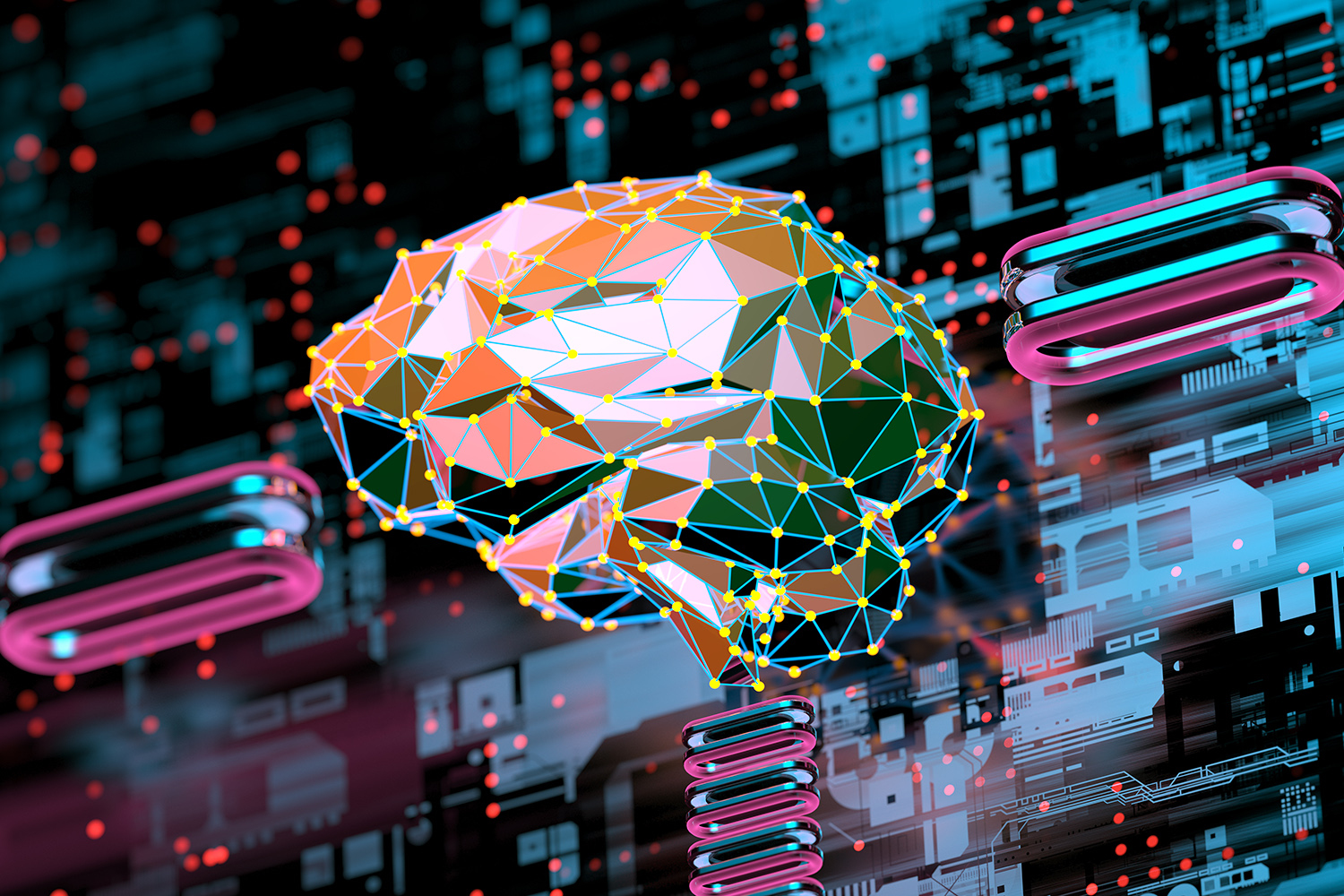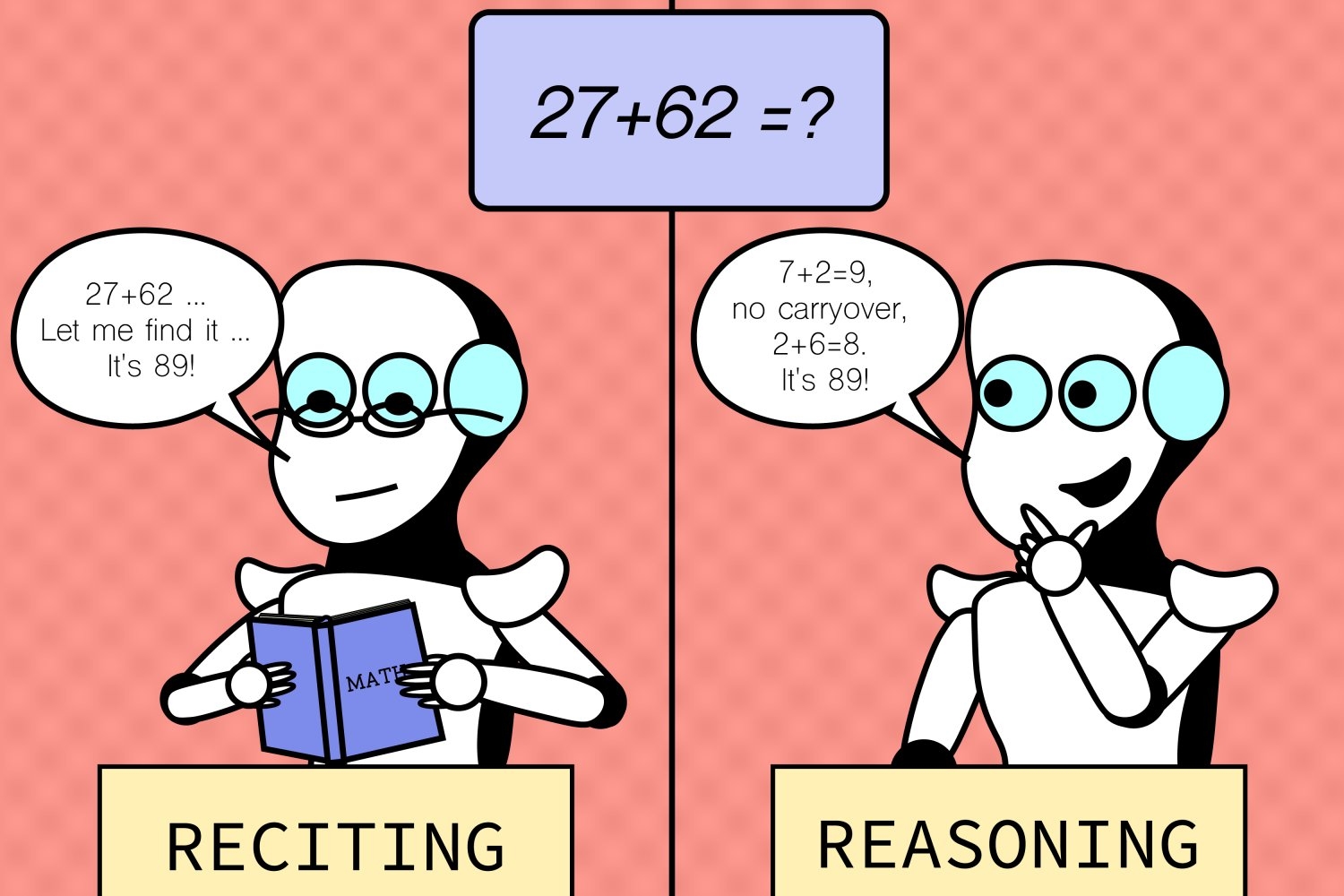AI companies train language models on YouTube’s archive − making family-and-friends videos a privacy risk
Many videos people upload to YouTube aren’t really meant for public consumption, but they’re available for AI companies to vacuum up. Many of these personal videos are posted by children.
Ethan Zuckerman, Associate Professor of Public Policy, Communication, and Information, UMass Amherst •
conversation
June 27, 2024 • ~10 min
June 27, 2024 • ~10 min
African elephants address one another with name-like calls − similar to humans
Humans aren’t the only animals that have names for each other − and studying animals that use names can teach researchers more about how human names evolved.
Mickey Pardo, Postdoctoral Fellow in Fish, Wildlife and Conservation Biology, Colorado State University •
conversation
June 11, 2024 • ~9 min
June 11, 2024 • ~9 min
/
41










